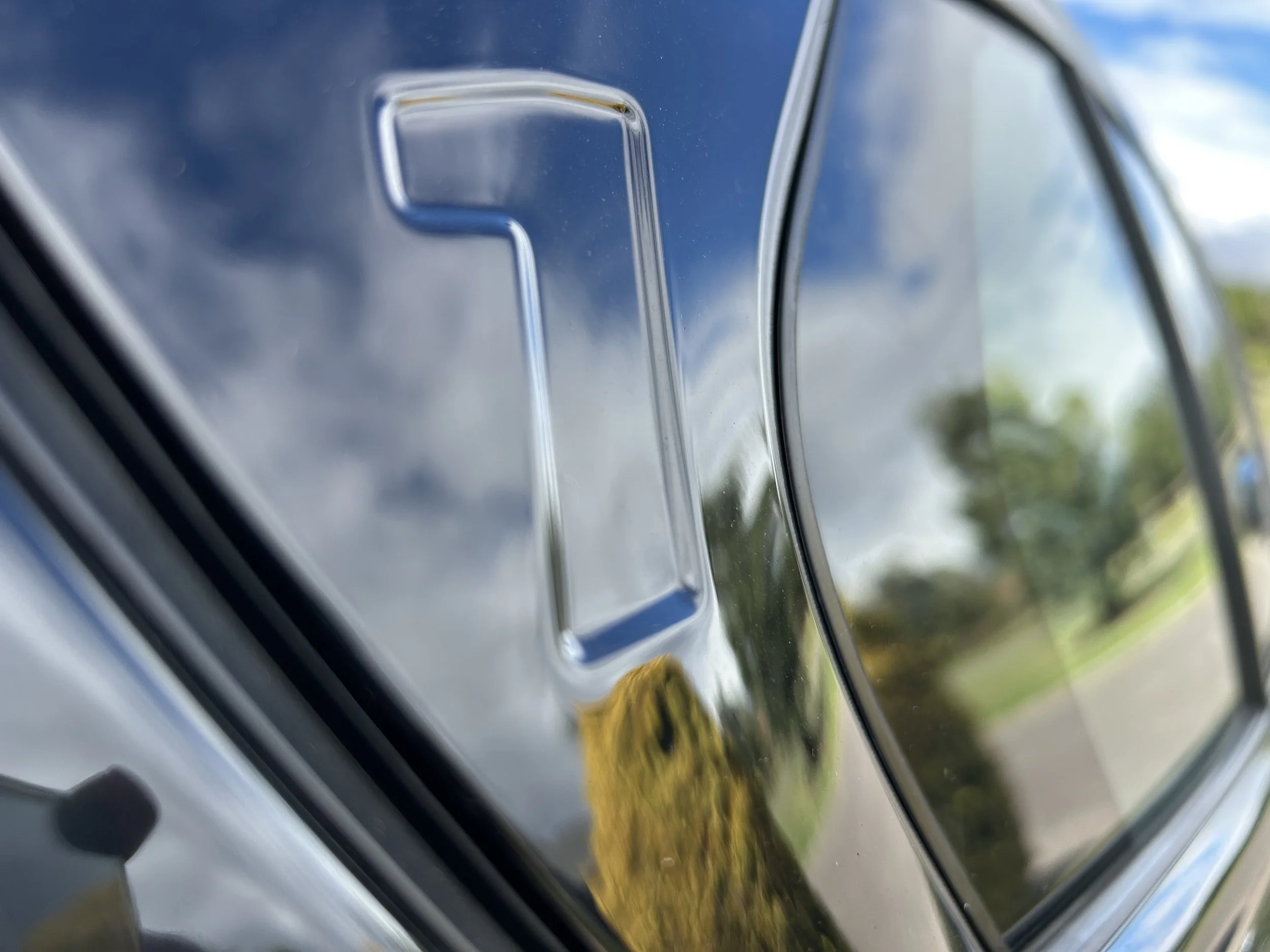Ranger factory ticked for electric switch
/Brand assertion that Thailand plant supplying NZ’s top-selling one-tonner, and Everest, will make EVs raises a big question.
ACKNOWLEDGEMENT from Ford high-ups that the plant creating New Zealand-market Ranger will reconfigure for electric vehicle production has sparked fresh thought about when the Kiwi-favoured one-tonner might go all-electric.
The potential for a fully battery-compelled version as an ultimate step-up from the plug-in hybrid version, expected in the near future, has never been dismissed by Ford. Nor by product co-developer Volkswagen, which earlier this year outright said the body-on-frame chassis used by T6.2 Ranger (which they’ve turned into the new Amarok) can accept an electric drivetrain and battery pack.
Ford’s extension of the new Ranger’s wheelbase was undertaken primarily to accommodate a small motor and battery for a PHEV. But engineers have also agreed the model’s underlying architecture is flexible enough to support an all-electric model in this current generation.
At the launch event for Ranger Raptor and the Everest sports utility back in July, one high-up on that programme, spoke guardedly to MotoringNZ.com about what might be conceivable for Ranger – on this occasion more in respect to an electrification of the performance Raptor flagship.
“We’re on the record as saying that the new-gen Ranger platform has been designed with electrification in mind,” said Dave Burn (pictured), specifically Ranger Raptor performance chief programme engineer, but also highly involved in Ranger and Everest overall.
“What we mean by that is the bandwidth of the platform can accommodate things like the architectural elements of the batteries and the like. We don’t have anything to say about electrification of Raptor, other than that the platform is capable.
“What that solution may look like in future is … things we would be announcing in due course.”
As for any engineering challenges that might theoretically be restricted to electrifying Raptor? It would have to meet the model’s attributes of high performance and extra-robustness, in short, likely to be exploited in rough, isolated conditions.
“When you talk about how do you blend the DNA of a Raptor and the customer elements and then blend that with any electrification plan … you have to achieve a product that gives you not just the electrification that’s good for city and low-emissions usage but how you integrate that into an off-road DNA.
“If, at a point in the future, we were to do an electric Raptor we would need to do it to a point where you could blend those elements together.”
What makes the subject more interesting is comment reports more recently from bigwigs based at Ford global headquarters in Detroit, including stronger hints about the timeline for anything that might be wholly battery-fed.
Though the skinny is that a rollout is very likely years away, it does seem more probable.
John Lawler, Ford’s global chief financial officer, has now made clear the Thailand factory that produces the Ranger and Everest for our country and Australia will be upgraded, with intent for Thailand to become a hub for manufacturing zero-emission vehicles.
That simply means it will be capable of making electric vehicles. Which don’t specifically have to be utes. Flexibility is an attribute of most vehicle manufacturing plants – the line now dedicated to Ranger, Raptor and Everest used to push out Ford Focus hatchbacks.
Nonetheless, in discussion with Australian media who went Stateside recently to try out Ford’s latest headline-making fully electric product – the Mustang Mach-E and the Ford F-150 Lightning - Lawler was happy to express confidence that the team behind those will, in time, also produce an electric Ranger. He wouldn’t be drawn into confirming exactly when we could see it.
“I’m going to disappoint you because I’m not going to give you a timeframe,” he reportedly said.
“What I can say is Ranger is a cornerstone for us globally, but the majority of the markets where it is number one or two aren’t moving to electrification as quickly, but there are markets that are…
“What I would say is, we haven’t announced anything, but what I really like where we’re headed with the folks we’ve brought in working on Model E from an engineering and design standpoint, and the freedom that not having an engine, etc from a design perspective open up, is there’s possibilities.
“So whether it’s Ranger or other possibilities to bring and expand BEVs globally we will do that. Watch this space.”
Commercial vehicle production life cycles are typically 10-12 years, so conceivably the big mid-life facelift for Ranger will come in 2027. Assuming Ford has pretty much wrapped up its PHEV programme and those engineers are now transferring attention to creating a fully electric edition, it would take years to get it to full production readiness.
Ford has made clear that the electric Ranger - perhaps Ranger Lightning if it the F-150 naming formula maintains - won’t be the same ute with the combustion engine swapped out for an electric motor.



















